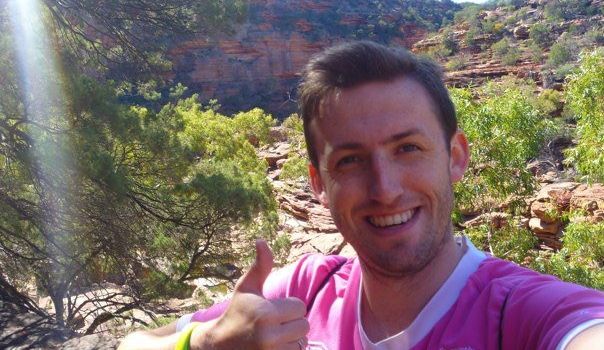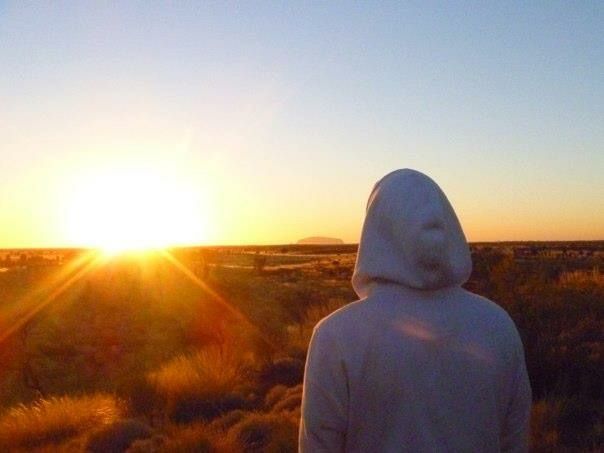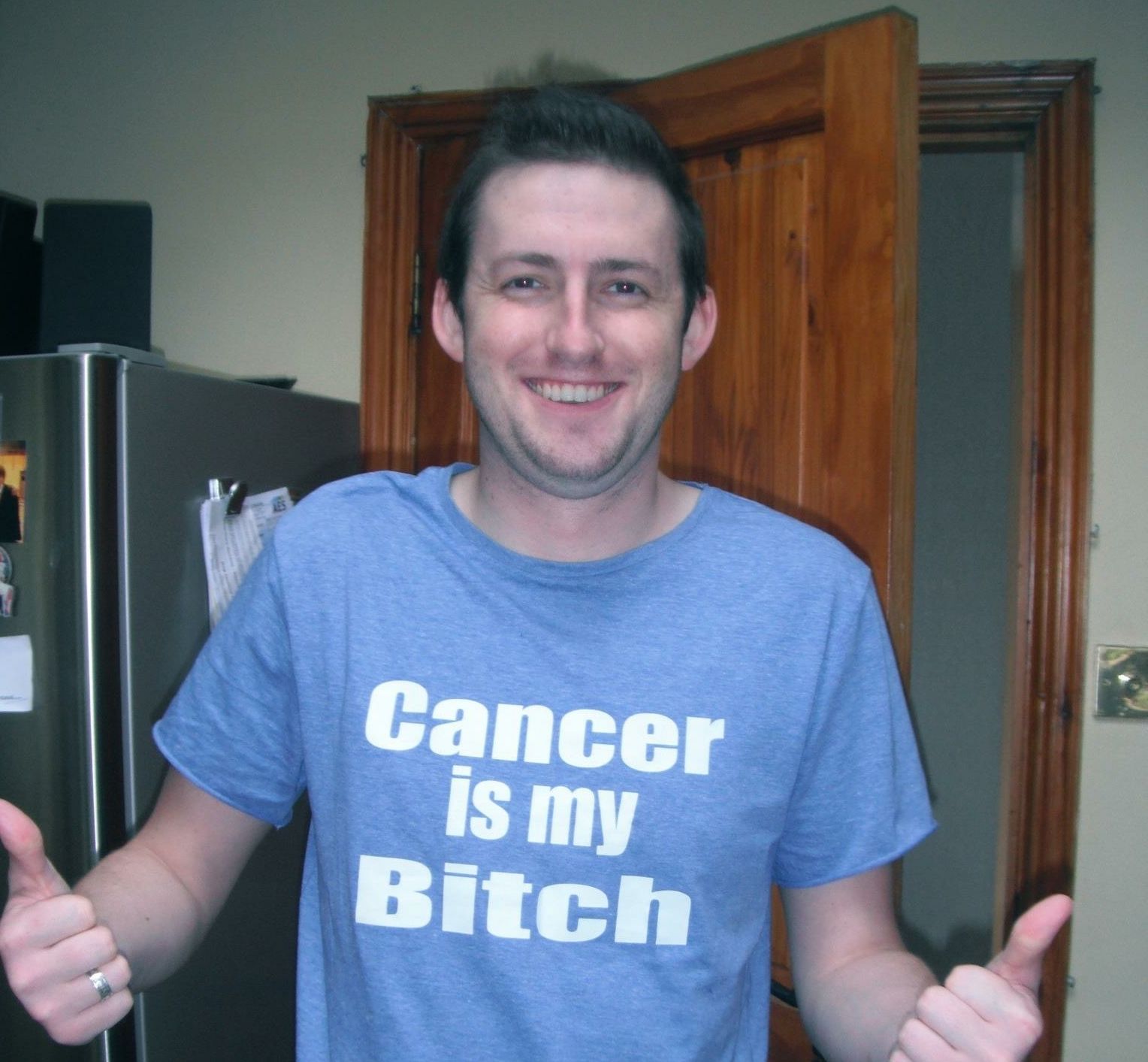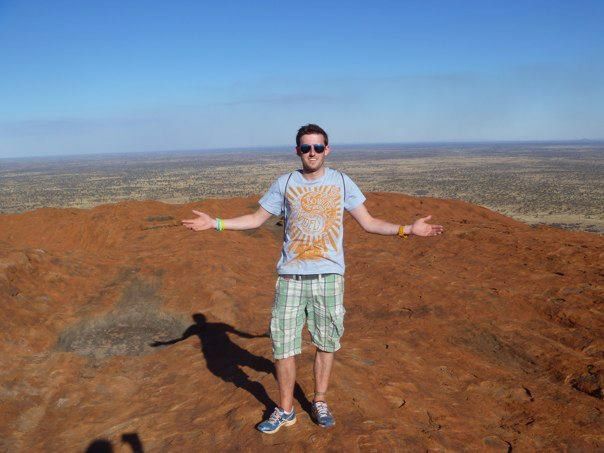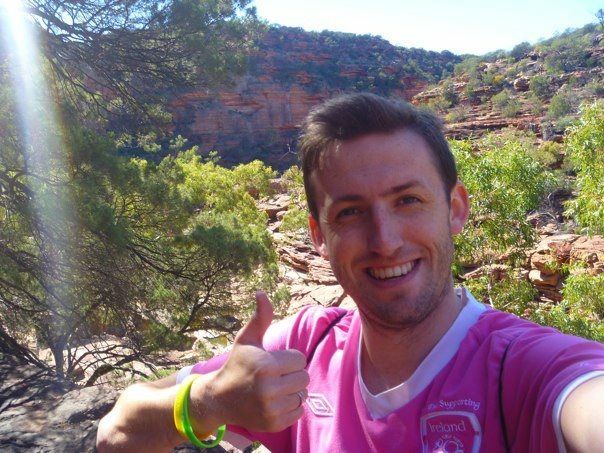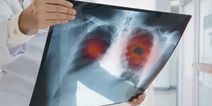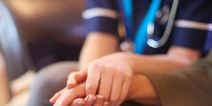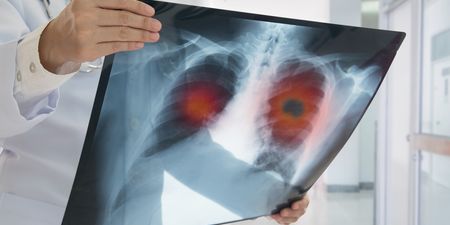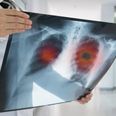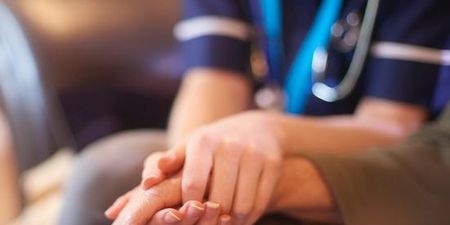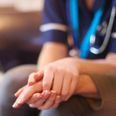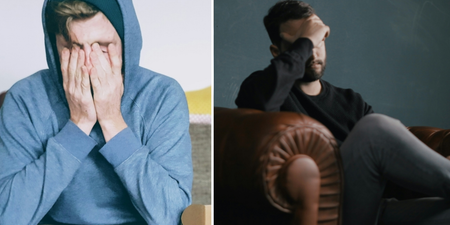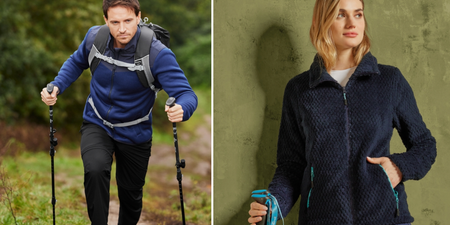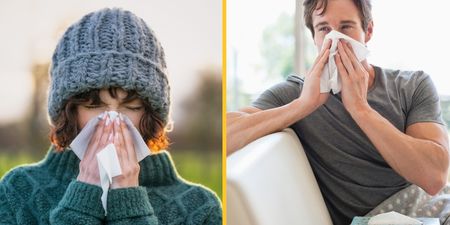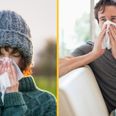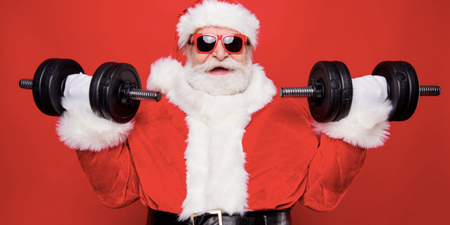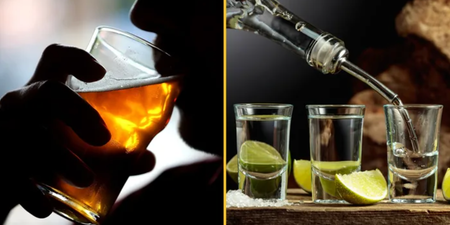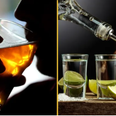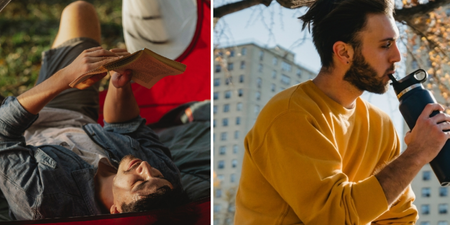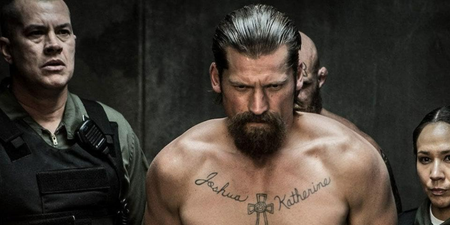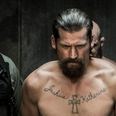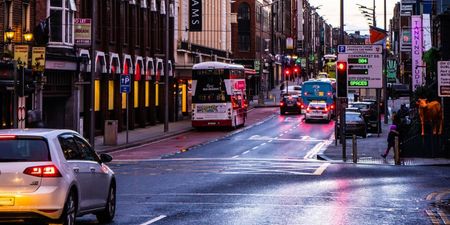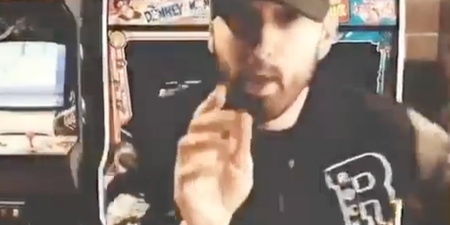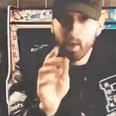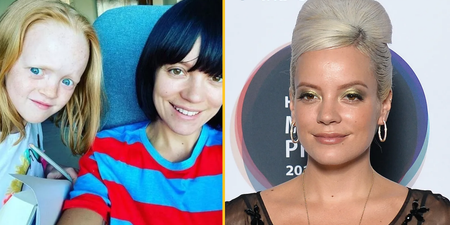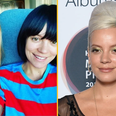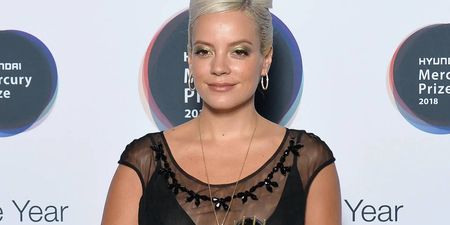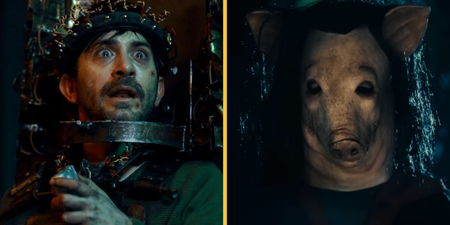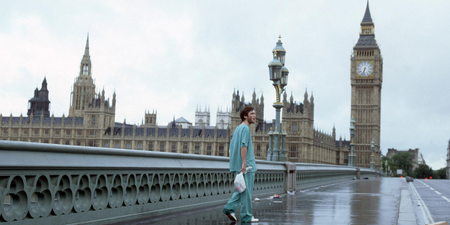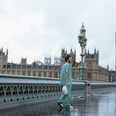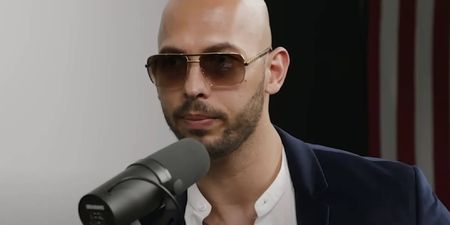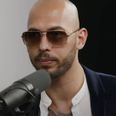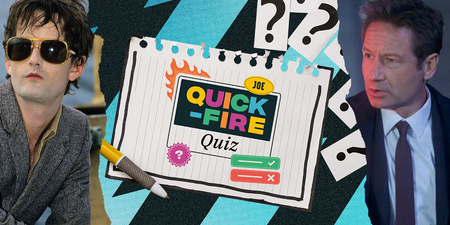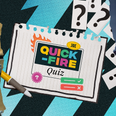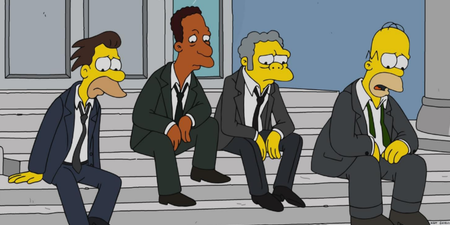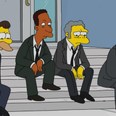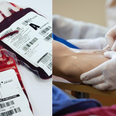We spoke to Robert Lunn about being diagnosed with bowel cancer in 2011, his recovery and his work with the Irish Cancer Society.
Men’s Health Week takes place from 15th – 21st of June
Still just 26-years-old, Robert was in New York with friends on a J1 visa in the summer of 2010 when he started noticing the symptoms that would change his life. He would go on to be diagnosed with bowel cancer, something extremely rare for someone so young.
Can you describe the first symptoms?
The symptoms started with blood in my stool but I had piles when I was younger, so I put it down to that. Then I started noticing a pain and it would occur on random days, for no apparent reason. I initially put it down to hangovers but it got too bad and that’s when I decided to have myself looked at.
When did this all happen?
I was 22 so it was over a period of five months. I was on a J1 in New York at the time, in 2010. Initially I put it down to the lifestyle over there but over a period of time I realised there was something more.
I came home and did a Masters and because my lifestyle had returned to normal, there wasn’t as much drinking and staying out late, I knew something was up.
What was it like as you got diagnosed?
Just a complete shock. Not something you ever expect, and even the doctors would never have expected to see bowel cancer in somebody so young. They thought it was a virus.
It’s only after they do the tests and they rule out the straightforward things that cancer has to be investigated. I just remember hearing the news and thinking, straight away, about what to do in order to get better. You get to thinking, “right, what are the next steps?”
I was in shock, though, which is something I realise now.
What kind of a person are you? For instance, would you have been a happy-go-lucky person before diagnosis or someone prone to feeling down?
I’m a very, very positive person. Always happy, always laughing and I’m very adventurous. I love my friends, travel, the whole lot. That sort of attitude helped me throughout the diagnosis and it was the same with my mates. They had very much an attitude of, “let’s get through it. Let’s get it done.” I felt young and bulletproof and thought, “I’ll be grand.”
As you’re going through it though, it starts getting at you. Afterwards is the hardest. You realise what you’ve been through. Physically and mentally it was tough. I was left with a colostomy bag, stuff like that, so it was hard but now I realise what life is all about and the things that are really important.
How tough was the chemotherapy?
It took seven months, or a bit longer, with a few setbacks.
I lost around two stone and I was never a big guy anyway. It was pretty damn awful, it’s not something I’d recommend.
My mam, who’d had her own struggle with cancer, knew what it was all about and told me that if I was having a bad day, to just lie on the couch and if I was able to get out for a walk, to do that. She kept me balanced. To get out and go for a walk was a huge thing for me, it gave me the headspace I needed.
How are you now?
It’s been a good couple of years since I had it. I was diagnosed in January 2011 and it was February or March 2012 when the treatment stopped. They reversed the whole colostomy bag thing, which – as you can imagine – was a massive thing for me.
It took a long time to get back to normal fitness and normal energy, though. When I finished I went over to Australia for a couple of months to get away from a place where I was ‘the sick boy.’ Over there it was a steep learning curve as to what my body could do, and it turned out not to be very much.
It’s been a long road. Having a full-time job – I started in consulting with KPMG in September 2012 – hasn’t allowed me to commit to my fitness as much as I would have wanted but I’m getting there.
Can you speak about volunteering with the Irish Cancer Society?
It’s great. I volunteer with the Survivor Support Programme. It’s such a great idea. When I went in I was outrageously young to be diagnosed with bowel cancer, and it took me five or six months to find someone who had been through a similar experience to talk to about it.
The biggest thing I found is that you have all the same worries, fears, emotions. It was great to have my mam but sometimes it’s good to have someone the same age – someone you don’t know – who it has affected.
The idea is that someone can pick up the phone and then a nurse will put you through to the survivor who has had the most similar experience to yourself. It’s nice to know you’re not alone and there are other people who have felt weak or scared.
I had my days when I was in bits, I was in floods of tears, so you have to be able to reach out and speak to people. This is especially true with guys, you know?
It makes life so much easier if you can reach out and look to talk to someone who has been through it, to look for help.
10 Early Warning Signs that you cannot ignore
· New lumps or growths on your skin
· A sore or bruise that does not heal
· A mole that changes in shape, size or colour or bleeds in unusual circumstances
· An ongoing cough or hoarseness that last longer than three weeks
· Indigestion or difficulty in swallowing
· A change in bowel or bladder habits for no good reason
· Shortness of breath
· Loss of appetite
· Unexplained weight loss or tiredness
· Blood anywhere it normally should not be – in urine, bowel motions, or from spitting
“It’s also important to remember that you can actually reduce your risk of getting cancer by up to 50 per cent by making simple lifestyle changes.
“It’s all about looking at your overall lifestyle and even small steps can make a huge difference. You can cut your risk in half by quitting smoking, limiting alcohol intake, eating a healthy diet, maintaining a healthy weight and being physically active.”
Men’s Health Week takes place from the 15th -21st of June 2015.
Anyone who is concerned about cancer can call the Irish Cancer Society’s Cancer Nurseline Freefone 1800 200 700 or visit www.cancer.ie.
The Irish Cancer Society’s Manual for Men is available for download free of charge.
LISTEN: You Must Be Jokin’ with Aideen McQueen – Faith healers, Coolock craic and Gigging as Gaeilge
